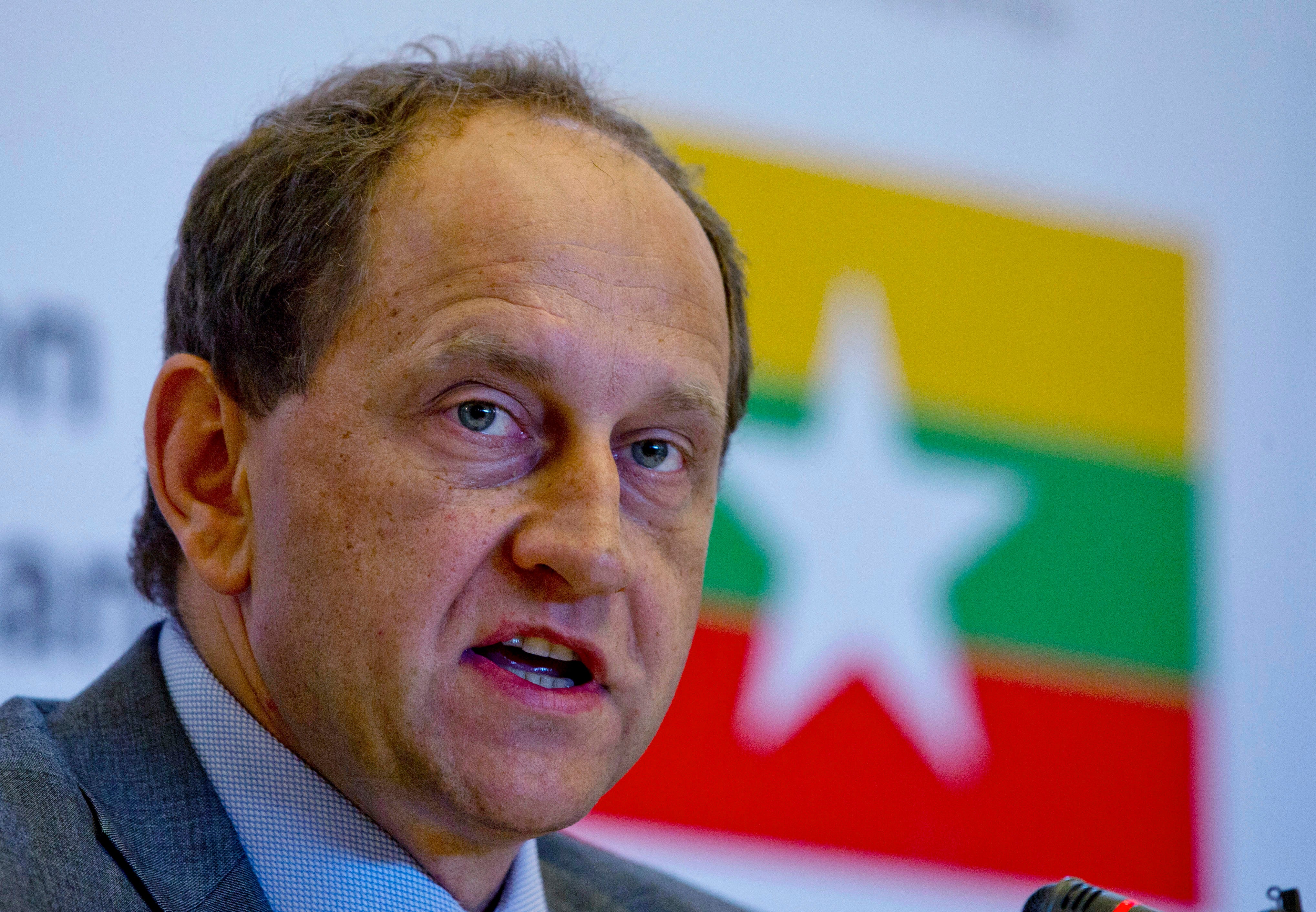Germany recalls its ambassador in Russia for a week in protest over a hacker attack
Germany has recalled its ambassador to Russia for a week of consultations in Berlin following an alleged hacker attack on Chancellor Olaf Scholz’s party

Germany said Monday it recalled its ambassador to Russia for a week of consultations in Berlin following an alleged hacker attack on Chancellor Olaf Scholz’s party.
Germany last week accused Russian military agents of hacking into the top echelons of Scholz's Social Democrats’ party and other sensitive government and industrial targets. Berlin has joined NATO and fellow European countries in warning that Russia’s cyberespionage would have consequences.
The Foreign Office in Berlin said Monday that the government is taking the latest incident “seriously” and that Foreign Minister Annalena Baerbock had decided to call back German Ambassador Alexander Lambsdorff. He would return to Moscow after a week, it said.
“The German government takes this event very seriously as behavior against our liberal democracy and the institutions that support it," Foreign Office spokeswoman Kathrin Deschauer said.
Baerbock said last week that Russian military cyber operators were behind the hacking of emails of the Social Democrats, the leading party in the governing coalition. Officials said the hackers had exploited Microsoft Outlook.
The German Interior Ministry said in a statement last week that the hacking campaign began as early as March 2022, a month after Russia’s full-scale invasion of Ukraine, with emails at the Social Democrat party headquarters accessed beginning that December. It said German companies, including in the defense and aerospace sectors, as well as targets related to the war in Ukraine were the focus of the hacking attacks.
Officials said the attacks persisted for months.
Relations between Russia and Germany have been tense since Russia’s attack on Ukraine. Germany has been providing military support to Ukraine in the ongoing war.
Bookmark popover
Removed from bookmarks